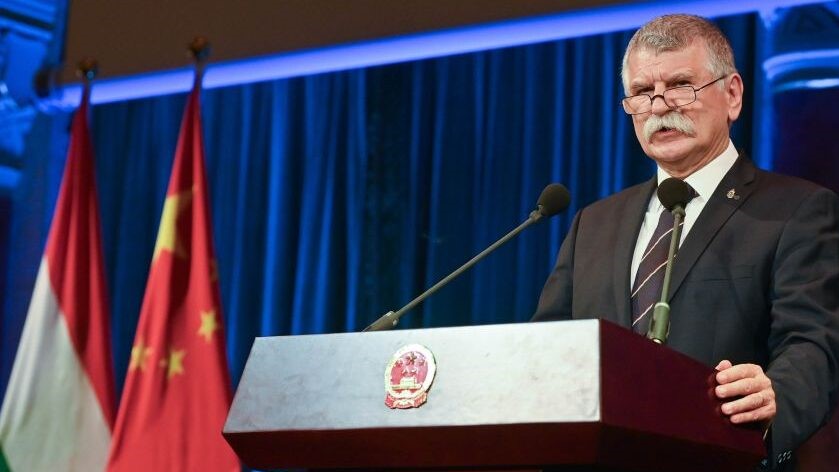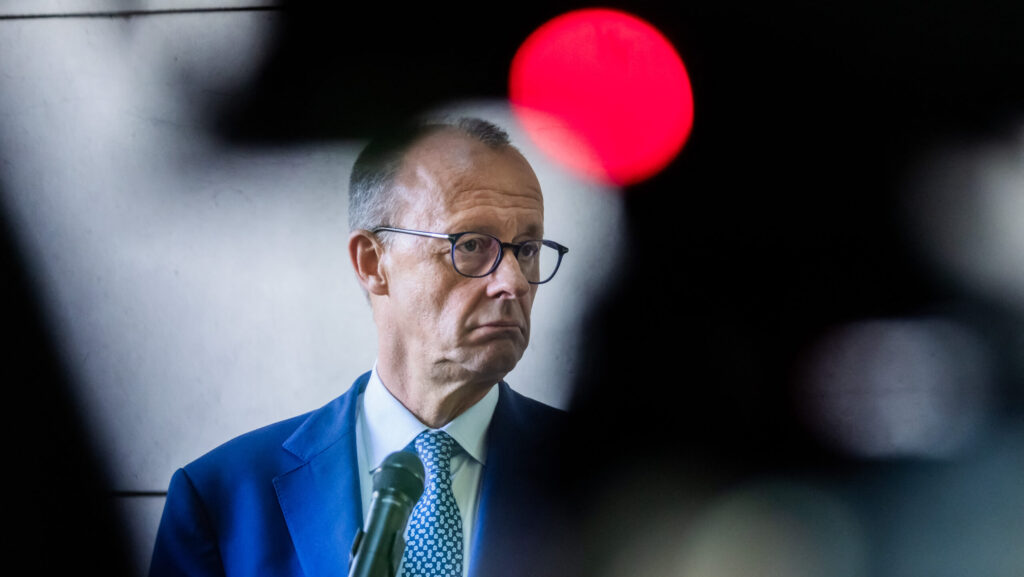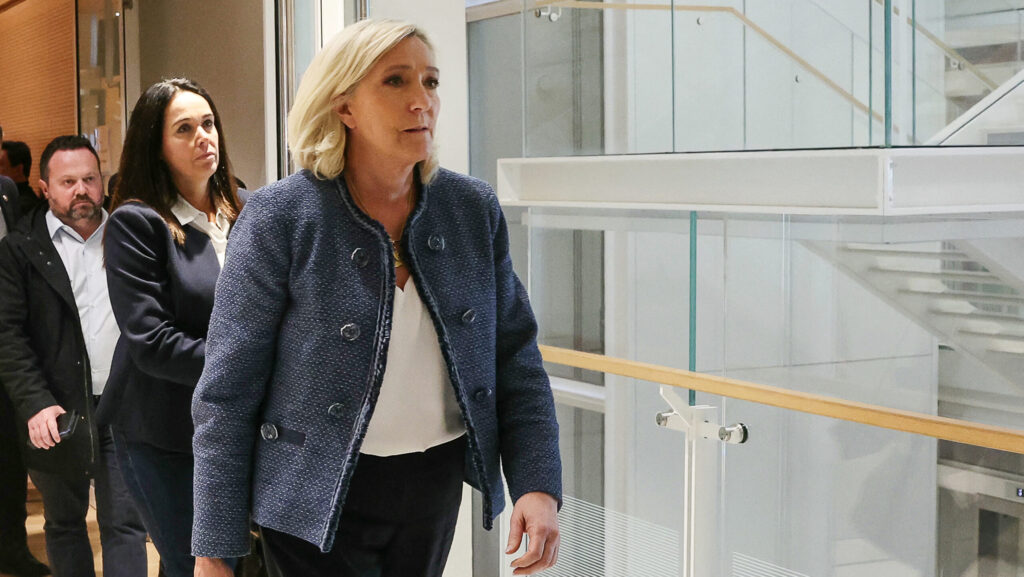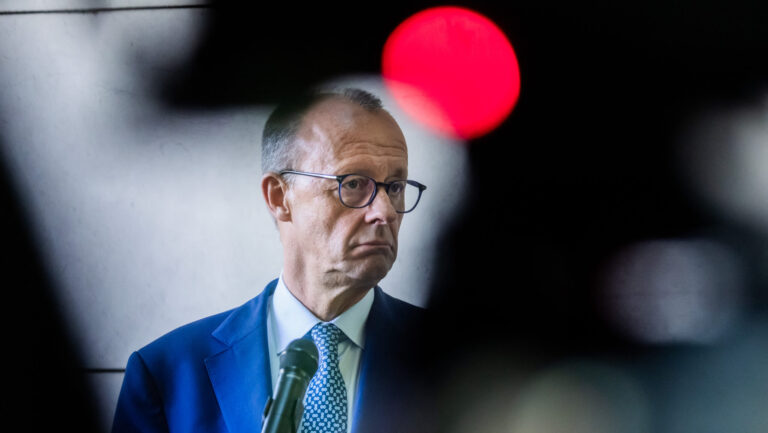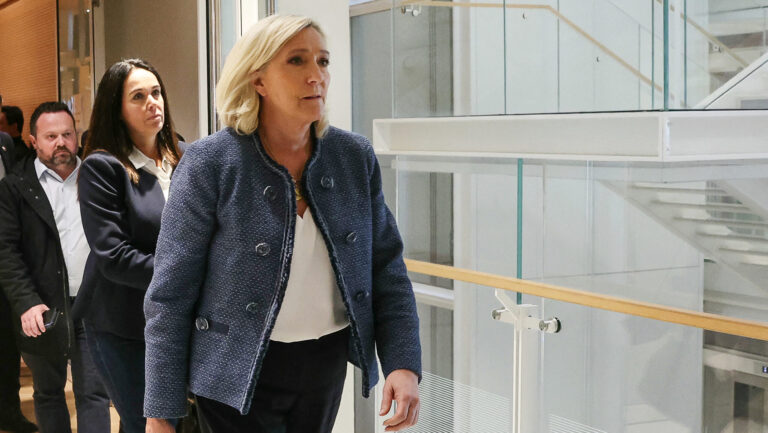This year, Hungary and China are celebrating the 75th anniversary of the establishment of diplomatic relations between the two countries. To commemorate the occasion, a reception was held in Budapest on Thursday evening, where László Kövér, Speaker of the Hungarian Parliament, delivered a speech to mark the anniversary.
‘The expansion of relations with China and the deepening of our cooperation is not a threat, but rather an opportunity—the successful utilization of which will contribute to the development of both countries,’ Kövér stated. He emphasized that it is in Hungary’s interest to become not merely a bridge, but a strategic link between East and West. He further noted that when cooperation between East and West prevails, Hungary stands to benefit; however, when there is confrontation or conflict, the country bears a heavy cost due to its geographic and political position at the crossroads of these regions.
The role of Hungary as a link is further reinforced by the government’s Eastern Opening policy, announced in 2010, and by Hungary being the first European country to join China’s Belt and Road Initiative (BRI) in 2013, he noted, adding that this aligns well with the Hungarian government’s broader strategic ambitions.
‘China has now become Hungary’s largest trading partner outside of Europe’
In his assessment, the two countries have effectively utilised the opportunities for cooperation over the past 75 years—during the periods from 1949 to 1990, from 1990 to 2010, and from 2010 to the present—despite geographical distance, cultural differences, and ‘our differing political systems and ideologies.’
‘China has now become Hungary’s largest trading partner outside of Europe,’ Kövér pointed out. He noted that Chinese investments in the automotive, electronics, and financial sectors have significantly contributed to Hungary’s economic growth and have created numerous jobs.
‘Relations between the two countries will be further strengthened through cooperation between higher education and cultural institutions, as well as through increased tourism,’ he stated. He also highlighted several points of connection between Hungarian and Chinese cultures, including the emphasis on family and community, the preservation of traditions, and respect for the elderly. He added that both nations are characterized by perseverance, a strong work ethic, and a commitment to the pursuit of knowledge.
László Kövér expressed his belief that Europe has much to learn from China. As an example, he highlighted ‘the art of politics based on perseverance and patience,’ which, he suggested, could help Europe reclaim its rightful role in shaping the future of the world and addressing global challenges.
He further argued that without China, there can be no balance of power in 21st-century global politics capable of ensuring peace. At the same time, he emphasised that a new world order founded on cooperation, peace, and security can only be established through mutual respect—something Hungary and similar countries rightly deserve. He noted that Hungarian–Chinese relations are built upon this principle.
Mutually Beneficial Cooperation
The 75th anniversary of the establishment of diplomatic relations was also one of the reasons behind Chinese President Xi Jinping’s visit to Hungary in May. The Chinese delegation held significant talks with their Hungarian counterparts, resulting in eighteen agreements between the two sides, focusing on areas such as nuclear energy, infrastructure development, and agriculture.
‘China and Hungary have always been friends, but now, in their history, the relationship between the two countries is at its strongest,’ Xi Jinping stated during a press conference with Hungarian Prime Minister Viktor Orbán in May. At the time, PM Orbán highlighted that Chinese investments worth HUF 6,400 billion are currently underway in Hungary, and emphasized: ‘The value of trade between the two countries has increased from $3 billion to $12 billion over the past twenty years.’
Over the past decade, economic relations between Hungary and China have been mutually beneficial, with trade between the two nations experiencing significant growth. As a result of these strong relations, the world’s leading electric car manufacturer, BYD, established its first European factory in Szeged, while the world’s largest battery manufacturer, CATL, built its largest European plant in Hungary.
Read more on Hungarian–Chinese relations:

